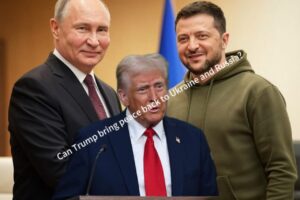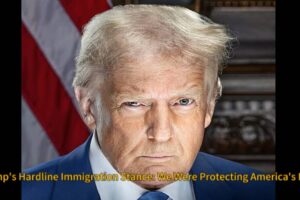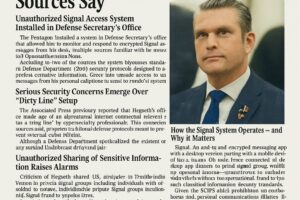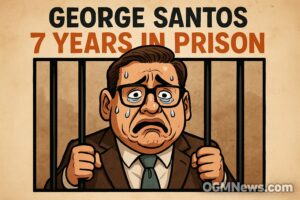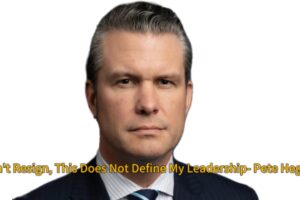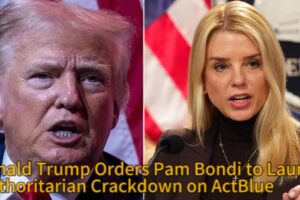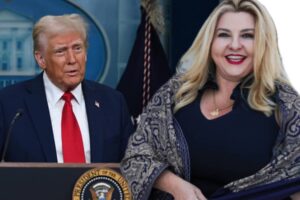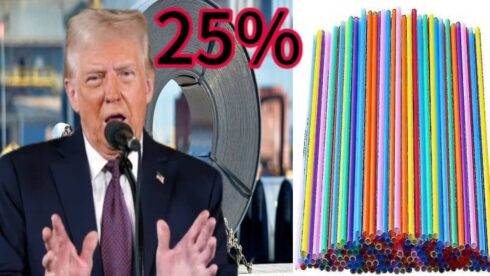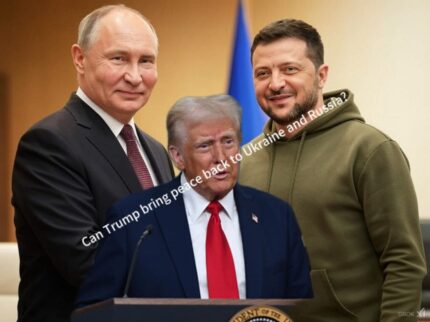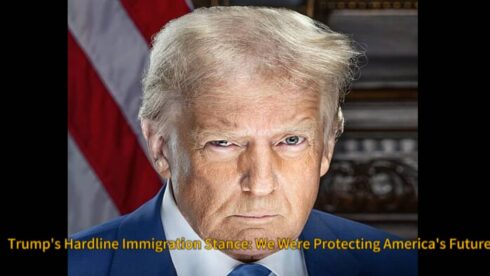U.S. President Donald Trump signed two controversial orders during a press conference in Florida. The first introduces a 25% tariff on imported steel and aluminum, while the second executive order marks a return to plastic straws across federal institutions, challenging environmental norms.
Economic Implications of the 25% Steel and Aluminum Tariffs
The reinstatement of tariffs on steel and aluminum at 25% aims to bolster domestic manufacturing and protect American jobs, according to Donald Trump’s statement. “We’re bringing back American industry,” he declared to enthusiastic applause from supporters. The tariffs are expected to impact imports from China, Canada, and the European Union, reigniting trade tensions.
Economists have expressed concern that the tariffs may drive up costs for U.S. businesses reliant on imported metals, particularly in the automotive and construction industries. “While it might be beneficial for a few local manufacturers, the broader market could suffer from price hikes and retaliatory measures from global trade partners,” said James Marquez, a trade policy analyst.
Global Backlash and Diplomatic Consequences
World leaders have voiced strong opposition to the tariffs. Canadian Prime Minister Justin Trudeau called the decision “economically harmful and diplomatically short-sighted.” The European Commission also hinted at potential countermeasures, including imposing taxes on American exports such as bourbon and Harley-Davidson motorcycles.
Trade analysts warn that this move could trigger a full-scale trade war, reminiscent of the tariff battles during Donald Trump’s first term in office. Such disputes, they argue, undermine global economic stability and strain diplomatic relations between key allies.
Donald Trump’s Plastic Straw Executive Order: A Step Back on Environmental Policy?
In a surprising move, Donald Trump signed an executive order directing federal institutions to revert to plastic straws, citing “the freedom of choice” and “practicality” for American citizens. “The paper straw experiment was a disaster,” Donald Trump declared. “We’re done with soggy, weak substitutes.”
Environmental groups have condemned the decision, arguing it undermines years of progress in reducing plastic waste. Amanda Greenfield, a spokesperson for the Environmental Preservation Society, remarked, “This decision sends a dangerous message at a time when plastic pollution is a global crisis.”
Public Reactions: A Divided Nation
Donald Trump’s supporters have celebrated both decisions as victories for American industry and individual freedoms. “It’s about time someone stood up for American workers and common sense,” said Ryan Harper, a Florida resident. Conservative media outlets have echoed these sentiments, portraying the move as a bold stand against “environmental elitism.”
Conversely, social media erupted with backlash from environmental activists and trade experts. Hashtags like #BanPlasticStraws and #TradeWar2.0 trended on Twitter as citizens voiced their concerns over environmental degradation and potential economic fallout.
The Environmental Cost of Plastic Straws
Environmental scientists warn that reintroducing plastic straws poses significant risks to marine ecosystems. Plastics can take hundreds of years to decompose and often end up in oceans, harming wildlife. Recent studies indicate that over eight million tons of plastic enter the ocean annually, with straws being a major contributor.
Environmental advocates fear this decision may embolden other nations to roll back similar eco-friendly policies. “If America, a global leader, takes a step backward, it gives other countries a pass to do the same,” warned Dr. Linda Matthews, an environmental scientist.
What’s Next for American Trade and Environmental Policy?
As Donald Trump’s tariff decision takes effect, economists and trade experts will closely monitor its impact on U.S. industries and the global market. Many wonder whether the decision will spark a prolonged trade war or merely serve as a political maneuver for upcoming elections.
On the environmental front, legal challenges are already in motion, with environmental groups seeking to overturn the plastic straw order. As the nation braces for a tumultuous period, these orders will undoubtedly shape the political and economic landscape for years to come.


